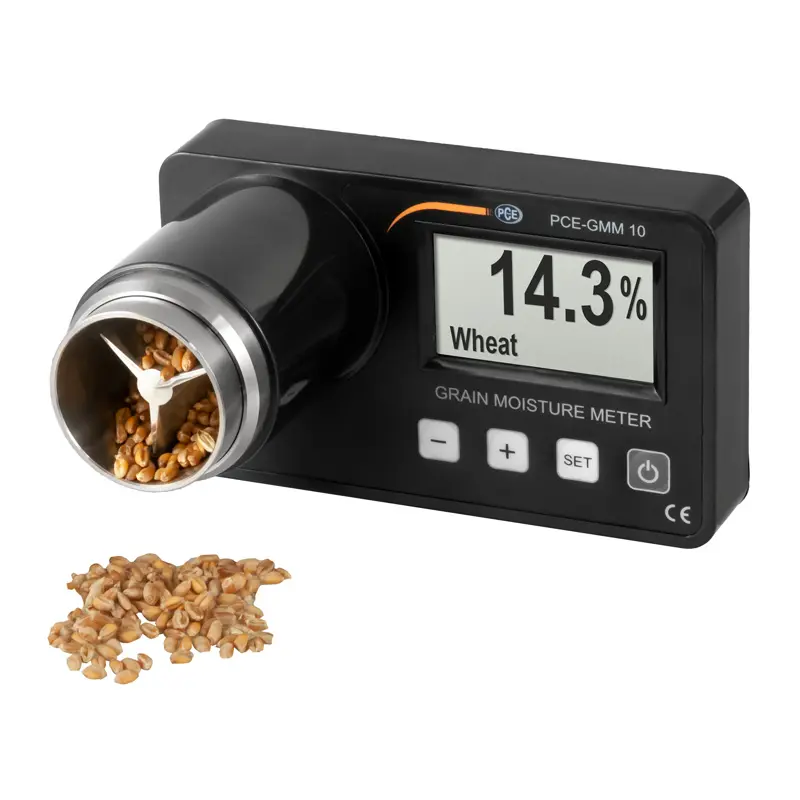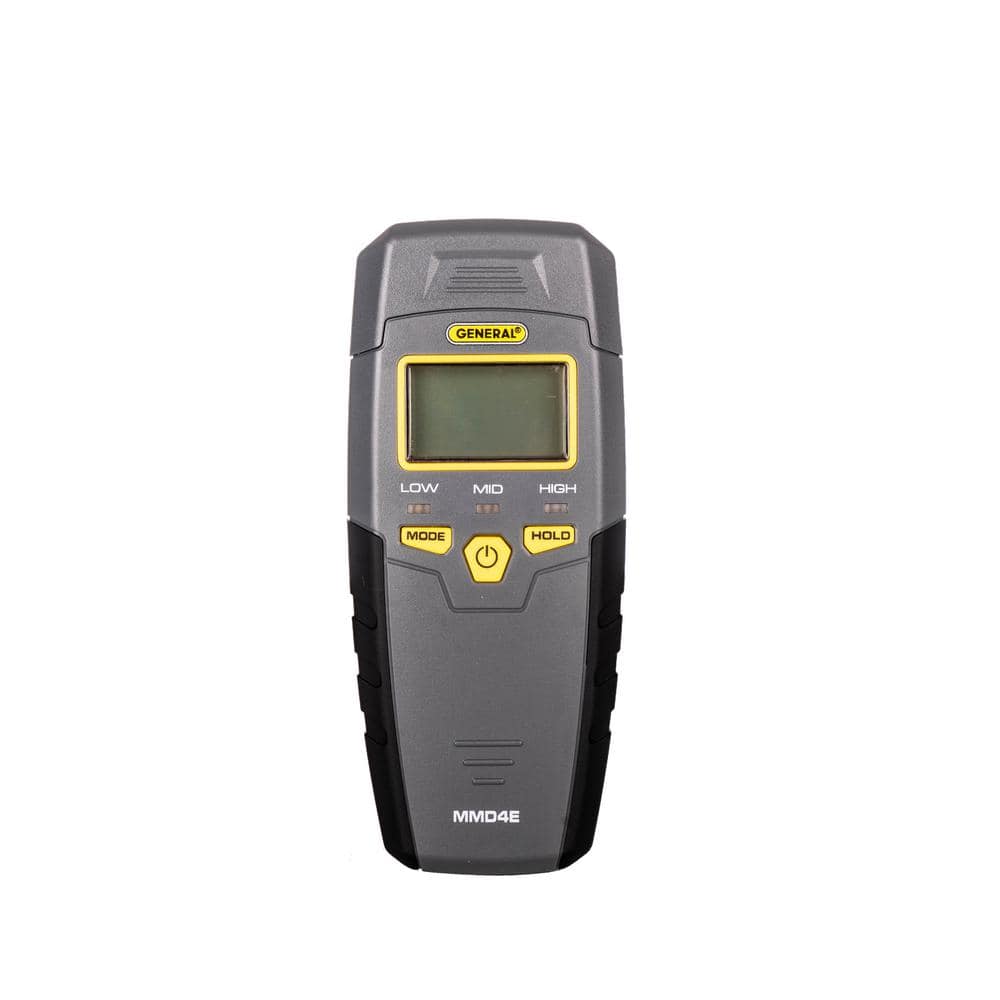Recognizing the Various Sorts Of Moisture Meters and Their Applications
Recognizing the Various Sorts Of Moisture Meters and Their Applications
Blog Article
The Ultimate Guide to Moisture Meters: A Comprehensive Introduction and How They Can Conserve You Cash
In the realm of building maintenance, building, and different industries, the relevance of precisely measuring dampness degrees can not be overstated. Dampness meters offer as vital tools in discovering and keeping an eye on moisture material in materials, assisting in protecting against expensive damages and guaranteeing the quality of items. Comprehending the nuances of various kinds of dampness meters, their applications, and the prospective cost-saving benefits they supply can be a game-changer for companies and specialists alike. Finding exactly how these tools can not only simplify processes however also contribute to economic savings is a trip worth starting.
Sorts Of Moisture Meters
One typical type is the pin-type wetness meter, which determines the electrical resistance between 2 pins put right into a product. Pinless dampness meters, on the other hand, use electromagnetic sensor plates to scan a larger area without causing damage to the material's surface.

Infrared moisture meters gauge the thermal properties of a material to determine its moisture web content non-invasively, making them beneficial for applications where pin or pinless meters may not be suitable. Recognizing the various kinds of moisture meters offered can assist sectors choose the most ideal device for their specific wetness measurement requirements.

Benefits of Making Use Of Moisture Meters
Moisture meters use important advantages in precisely analyzing and monitoring dampness degrees in varied materials and atmospheres. One of the key advantages of making use of moisture meters is the avoidance of possible damages caused by excess wetness.
Furthermore, utilizing moisture meters can lead to increased energy effectiveness. In agricultural settings, dampness meters play a vital role in maximizing crop returns by enabling farmers to keep an eye on dirt wetness degrees and make notified irrigation choices.
Just How to Select the Right Moisture Meter
When picking a moisture meter, it's essential to ensure that the meter is ideal for the particular product you will certainly be screening. Different products have differing electrical homes that can influence wetness analyses, so picking a meter developed for your material is crucial try here for exact outcomes. By check here meticulously reviewing these elements, you can pick a moisture meter that meets your needs and provides accurate moisture dimensions for your jobs.
Appropriate Techniques for Dampness Meter Use

Price Cost Savings Via Moisture Meter Applications
Exactly how can the calculated application of dampness meters result in substantial price savings throughout different sectors? Wetness meters play an essential duty in expense financial savings by protecting against possible damages and guaranteeing quality assurance in different markets. In the agriculture sector, moisture meters aid in determining the ideal time for gathering plants, preventing excess or over-drying dampness that can impact the last product's top click here now quality. This exact tracking helps farmers stay clear of unnecessary losses and optimize their yield.
In a similar way, in building and construction, wetness meters assist protect against pricey problems by identifying dampness degrees in building products, such as timber or concrete, which can bring about structural problems otherwise resolved quickly. By recognizing issue areas beforehand, professionals can take rehabilitative measures to avoid considerable repair work or substitutes, ultimately saving time and money.
Moreover, in the food processing sector, wetness meters are important for keeping track of item top quality and making sure compliance with safety and security regulations. By accurately gauging wetness content in foodstuff, producers can prevent perishing, maintain quality, and lower waste, resulting in considerable cost financial savings. Generally, the tactical application of wetness meters is a valuable investment that can bring about considerable expense reductions and improved efficiency across numerous sectors.
Final Thought
In verdict, moisture meters are valuable tools for gauging and spotting wetness degrees in various materials. By using the appropriate moisture meter and adhering to correct techniques, users can successfully stop pricey problems caused by excess moisture.
Wetness meters offer as important devices in detecting and keeping track of moisture web content in products, assisting in preventing pricey problems and making certain the quality of products. Infrared dampness meters determine the thermal properties of a product to identify its wetness web content non-invasively, making them helpful for applications where pin or pinless meters might not be appropriate.Dampness meters provide very useful benefits in accurately keeping track of and examining wetness degrees in varied products and atmospheres. In farming settings, wetness meters play a critical function in maximizing plant yields by making it possible for farmers to check soil wetness degrees and make informed irrigation decisions.In final thought, dampness meters are valuable devices for gauging and discovering moisture degrees in various materials.
Report this page